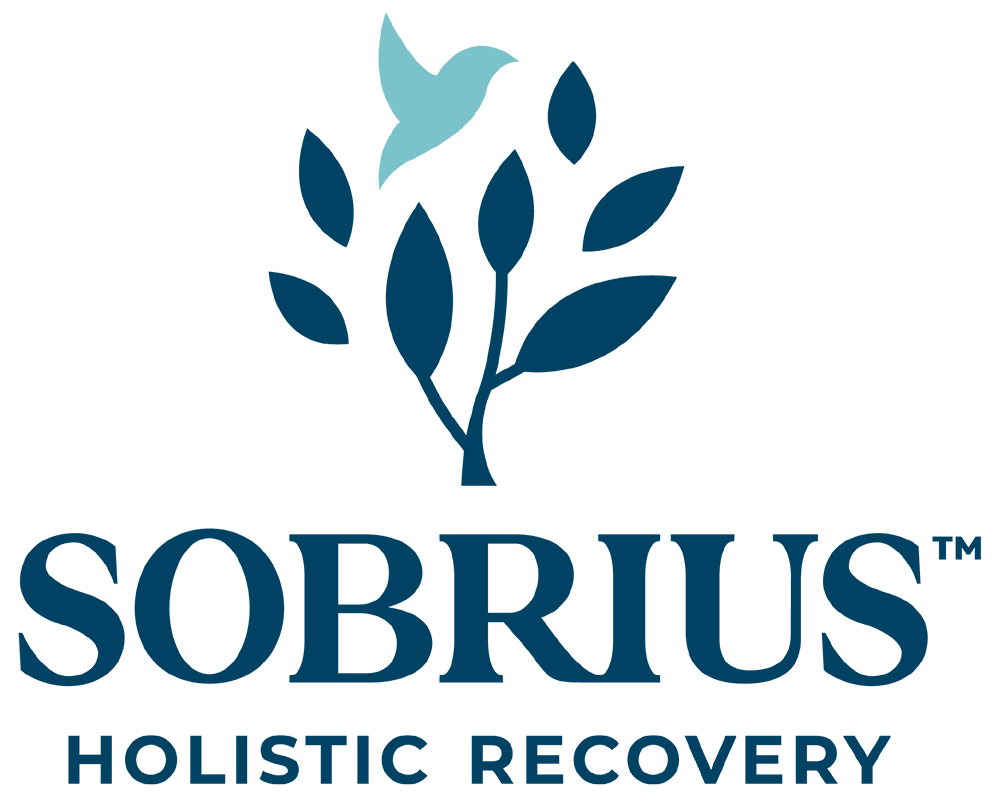Watching one or both parents struggle with addiction can be difficult. Adult children want their parents to be safe and healthy, but a substance use disorder can impact every facet of their lives. Knowing what to do if a parent is using drugs is a challenge at any age because of the parent-child dynamic.
Substance abuse counselors in VA can help. Counselors offer evidence-based techniques and advice on how to deal with substance abuse in a family. If your parent is living with a substance use disorder, the professionals at Sobrius can guide you as to the next steps.
Signs of a substance use disorder in parents
The signs of a substance use disorder remain similar, regardless of the age group. When you’re in a situation where you’re wondering what to do if a parent is using drugs, try to first confirm whether your concerns are valid.
Some common signs to watch for include the following:
- Unexplained financial problems
- Selling off valuable belongings
- Complaints about losing prescription medication or being shorted at the pharmacy
- Sudden changes in behavior, such as isolating from other family members or skipping events
- Drug paraphernalia in the home
- Poor hygiene
- Fatigue during the day
- Mood swings or angry outbursts
- Loss of interest in hobbies and activities
- Getting prescriptions from multiple doctors
- Frequent visits to the emergency room for various pain complaints
Addiction disorders tend to share symptoms with other mental health concerns. It’s possible your parents could be self-medicating to manage these conditions.
Will I be an addict if my parents are addicts?
Everyone’s journey is different, and that means your personal path is not the same as your parents’. While you may share environments and obstacles, addiction is not inevitable just because your parent is living with it.
What to do if your parent is addicted to drugs
If one or both of your parents have a substance use disorder, keep in mind that they need support. It’s easy to become frustrated or feel disappointed in the people you look to as role models. However, parents are human and have struggles they may not share with you. No one is exempt from addiction.
Here are key steps you can take if you believe your parent has an addiction:
Develop healthy boundaries
Set boundaries to protect both your own well-being and that of your parent. This can prevent you from enabling addiction behaviors further and guide your parent in navigating their relationship with you productively. Any plan for what to do if your parent is addicted to drugs should prioritize the health of everyone involved.
For example, you might no longer agree to cover any addiction behaviors at family gatherings.
Talk to an expert
Reach out to a mental health expert. A therapist or addiction counselor can offer useful advice on how to handle the situation. They can also point you to helpful programs to start your parent on the path to recovery.
Talk to your parents
When people ask, “What to do if a parent is using drugs?” they often forget that the simplest approach can be the most effective. Let your parents know you are concerned.
You can approach a parent safely by speaking from a place of love and support. Keep the conversation focused on their health, not their behavior.
Find a suitable treatment program
It can be difficult to step toward recovery if you don’t know where to start. You can help your parent begin healing by finding a program and presenting it to them as an option. You can also seek support through options like AI-Anon and treatment consultations.
Talk with a substance abuse counselor in VA at Sobrius
If you believe your parent is living with addiction, it’s important to approach the topic with care and respect. As their child, you can play an instrumental role in helping them achieve a better quality of life.
Questions like “Will I be an addict if my parents are addicts?” and “What can I do if my parents refuse treatment?” are natural when dealing with addiction. Family counseling can answer such questions and support everyone involved in the healing process. To learn more about treatment programs and family resources, call Sobrius at 888.596.6514 or connect with us by completing our online contact form.

